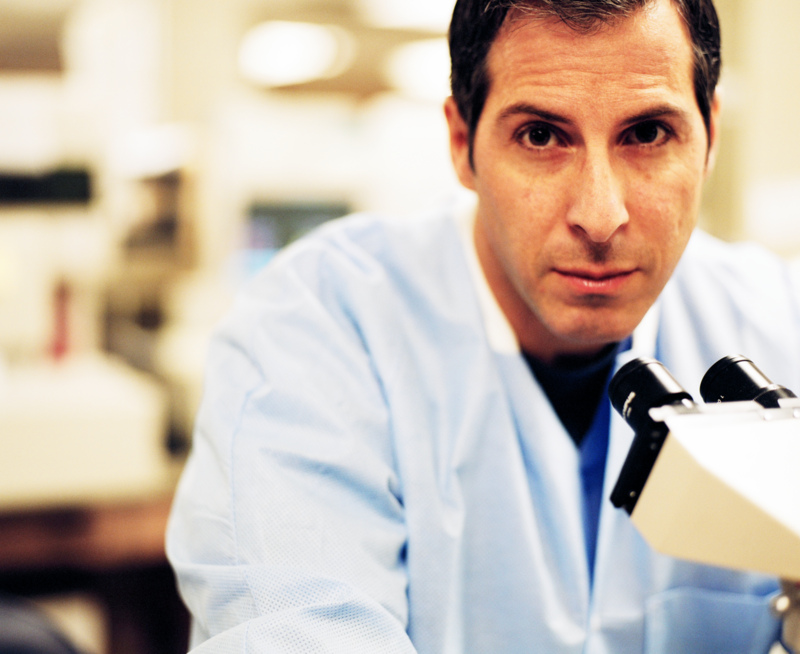FRIDAY, Oct. 14, 2016 (HealthDay News) — A project to describe every cell in the human body would have been unrealistic just a few years ago. But international scientists meeting in London Friday said they believe this vast undertaking is now within reach.
Once completed, the “Human Cell Atlas” could revolutionize how diseases are diagnosed and treated, according to the Wellcome Trust Sanger Institute, one of the meeting organizers.
As ambitious in scope as the Human Genome Project — which cataloged the first full human DNA sequence — the Human Cell Atlas aims to chart the types and properties of all human cells to build a reference map of the human body, according to researchers involved in the project.
“The cell is the key to understanding the biology of health and disease, but we are currently limited in our understanding of how cells differ across each organ, or even how many cell types there are in the body,” said Sarah Teichmann, head of cellular genetics at the Sanger Institute.
This initiative is the beginning of a new era of cellular understanding, she said. “We will discover new cell types, find how cells change across time, during development and disease, and gain a better understanding of biology,” she said in an institute news release.
The result will be a valuable, free resource for biomedical science researchers — whether they’re studying human development or the progression of diseases such as asthma, Alzheimer’s and cancer, she and her colleagues said.
The London meeting will help establish the first phase of the initiative.
For years, scientists only had the microscope to broaden their knowledge of cells. But recent high-tech advances in the field of single-cell genomics has made it possible to separate individual cells from different tissues and organs, and measure important molecules from each of them, the researchers explained.
“We now have the tools to understand what we are composed of, which allows us to learn how our bodies work, and uncover how all these elements malfunction in disease,” said Aviv Regev, faculty chair at the Broad Institute of MIT and Harvard. The Broad Institute was also involved in organizing the meeting.
A successful description of all the cells in the healthy human body will affect almost every aspect of biology and medicine in the decades to come, Regev predicted.
“By creating this atlas through an open, international effort, we are building a new research tool for the whole community,” she said.
More information
Arizona State University has more about human cells.
Copyright © 2026 HealthDay. All rights reserved.

